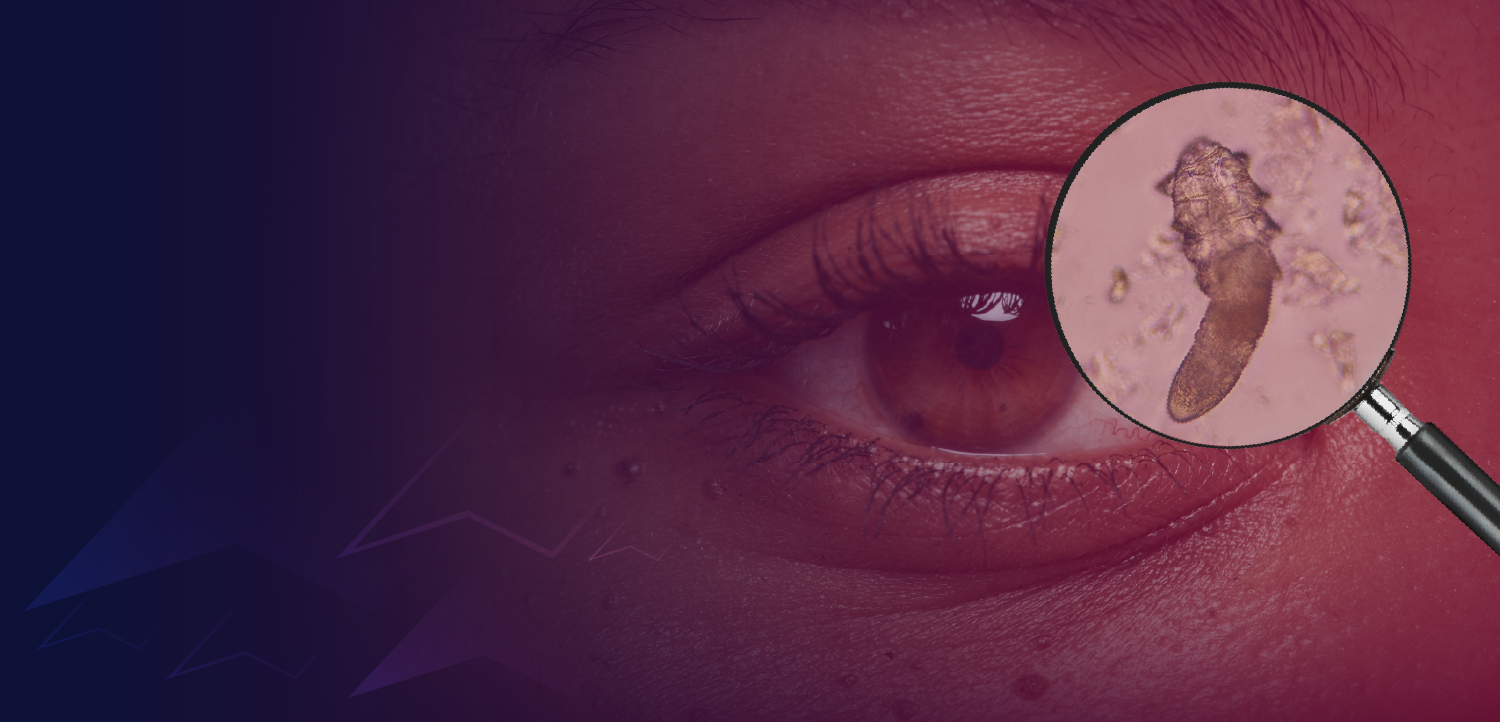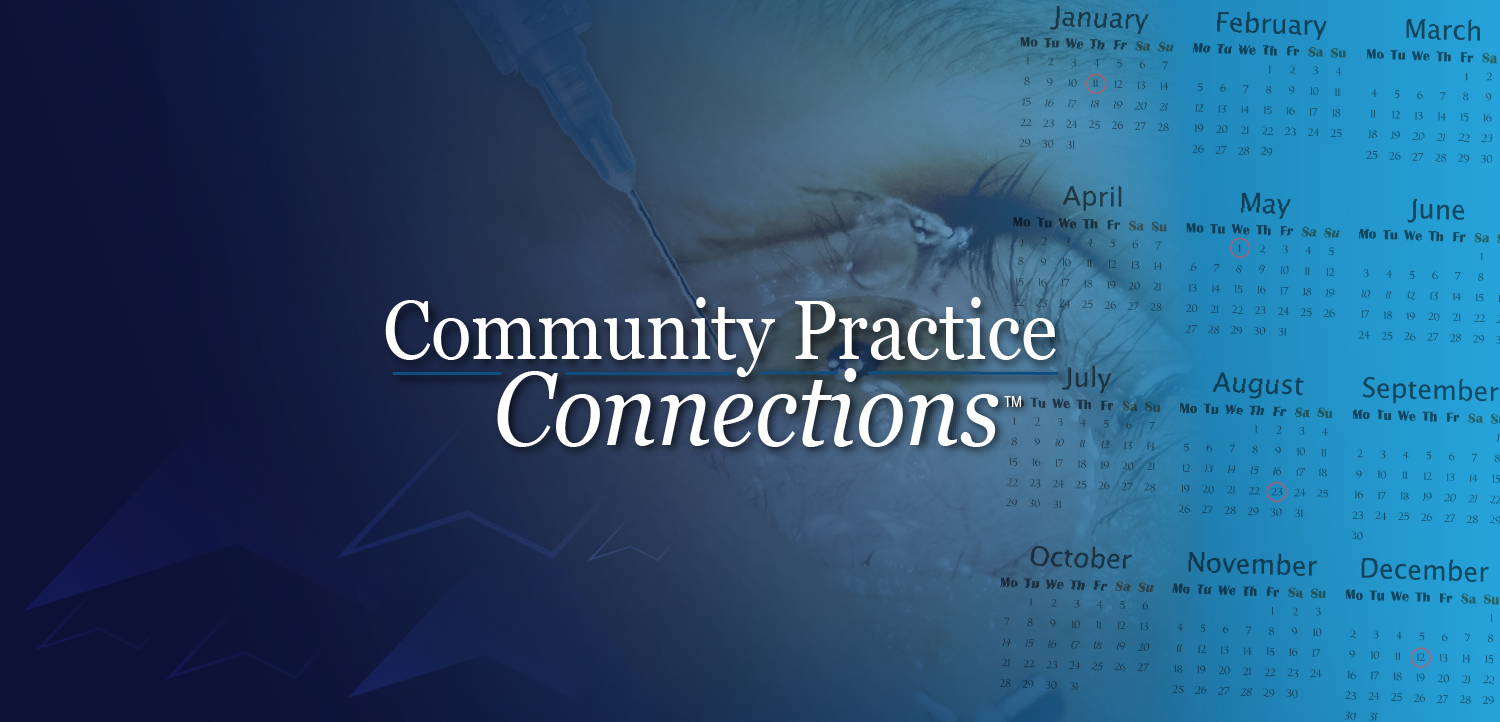
Testing for attention may boost safe driver screens
Results of research focusing on driver safety suggest that it may be possible to improve current techniques of screening for at-risk drivers through the addition of new tests of attentional abilities.
Results of research focusing on driver safety suggest that it may be possible to improve current techniques of screening for at-risk drivers through the addition of new tests of attentional abilities, reported Alex Bowers, PhD, MCOptom, FAAO, recently.
Dr. Bowers presented the findings from a study of drivers attending "DriveWise," a local clinical driving assessment program based at Beth Israel Deaconess Medical Center. Participants completed a screening test battery, followed by a 45-minute on-road driving test in a dual-control car with an occupational therapist and a certified driving rehabilitation specialist.
In addition to the usual DriveWise neuropsychological assessment, the screening battery included the Useful Field of View test (Posit Science Corporation, San Francisco), a well-established test of static attention, and a new test of dynamic attention requiring sustained tracking of multiple moving objects. Both tests evaluated the ability to divide attention, which may be important when driving, for example, when looking at the car ahead while being aware of a pedestrian about to step off the curb.
"Older drivers are the most rapidly growing segment of the driving population. Changes in vision, attention, and cognition that occur with aging along with other physical impairments may adversely affect driving safety," she said.
"Ideally, at-risk older drivers would be accurately identified in a short screening test, but it is not that simple because of the wide range of factors affecting safe driving," Dr. Bowers noted.
The research team, including Dr. Bowers, Todd Horowitz, PhD (Visual Attention Lab, Brigham and Women's) and Margaret O'Connor, PhD (Cognitive Neurology, Beth Israel), is currently analyzing the data to determine which test or combination of tests best predicts the road test outcome, correctly categorizing drivers as being at-risk or safe.
Dr. Bowers also mentioned that, to the best of her knowledge, this is the first study to evaluate the relationship between dynamic attention and driving performance. She said the research team now plans to study in more detail how dynamic attention is important in driving.
FYI
Alex Bowers, PhD, MCOptom, FAAOE-mail:
Dr. Bowers did not indicate a financial interest in the subject.
Newsletter
Want more insights like this? Subscribe to Optometry Times and get clinical pearls and practice tips delivered straight to your inbox.


















































.png)


